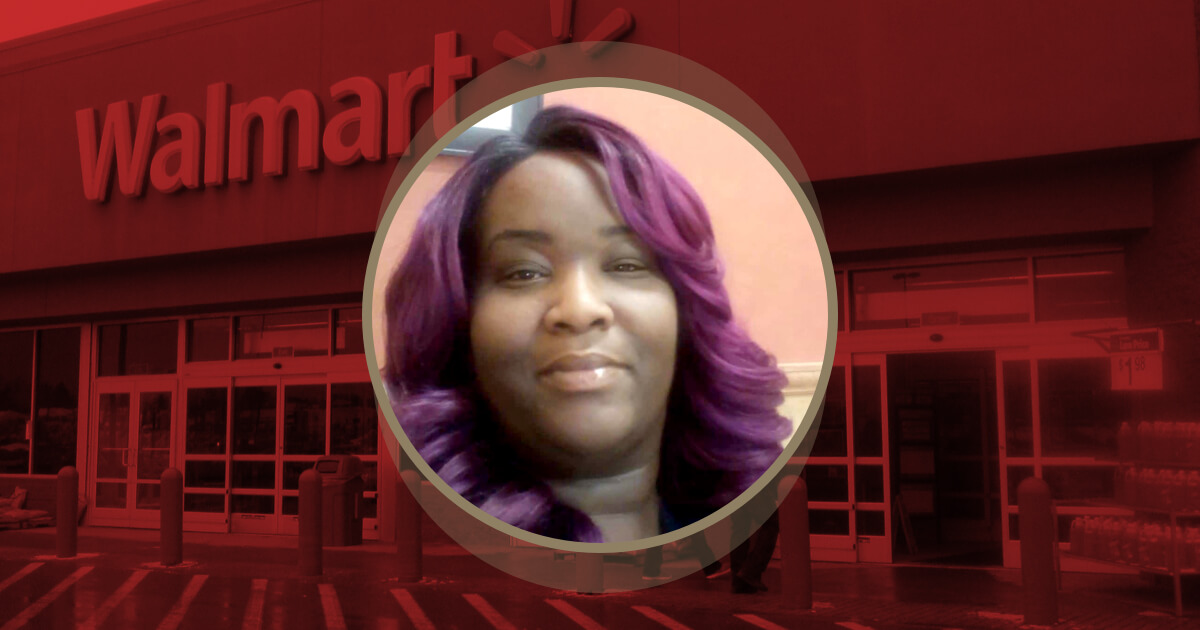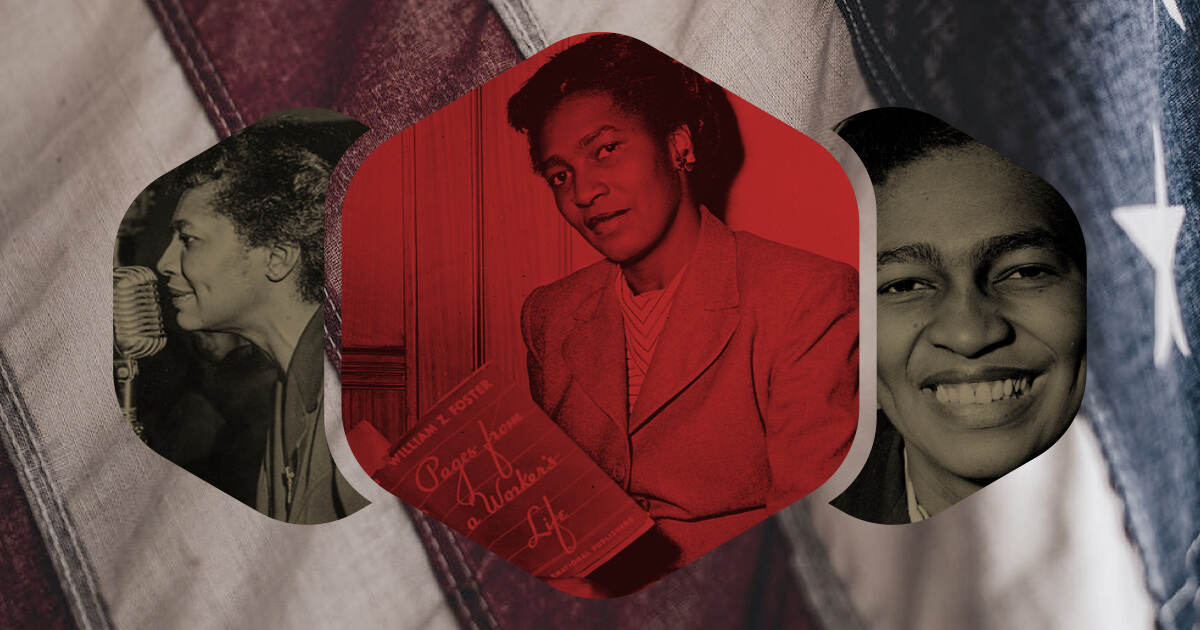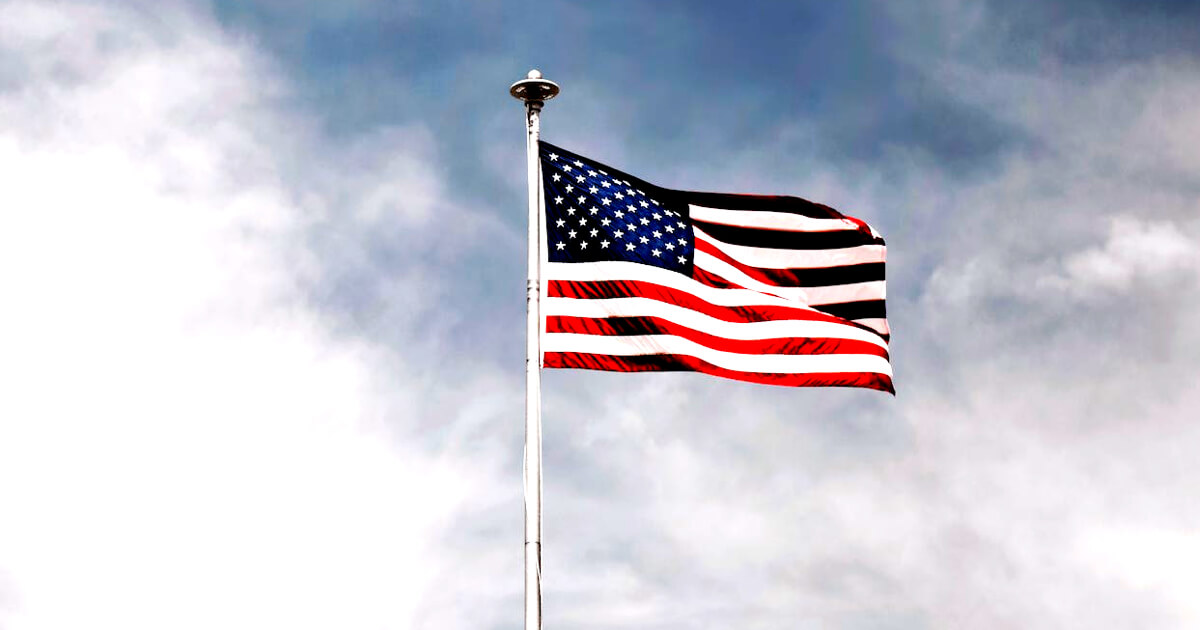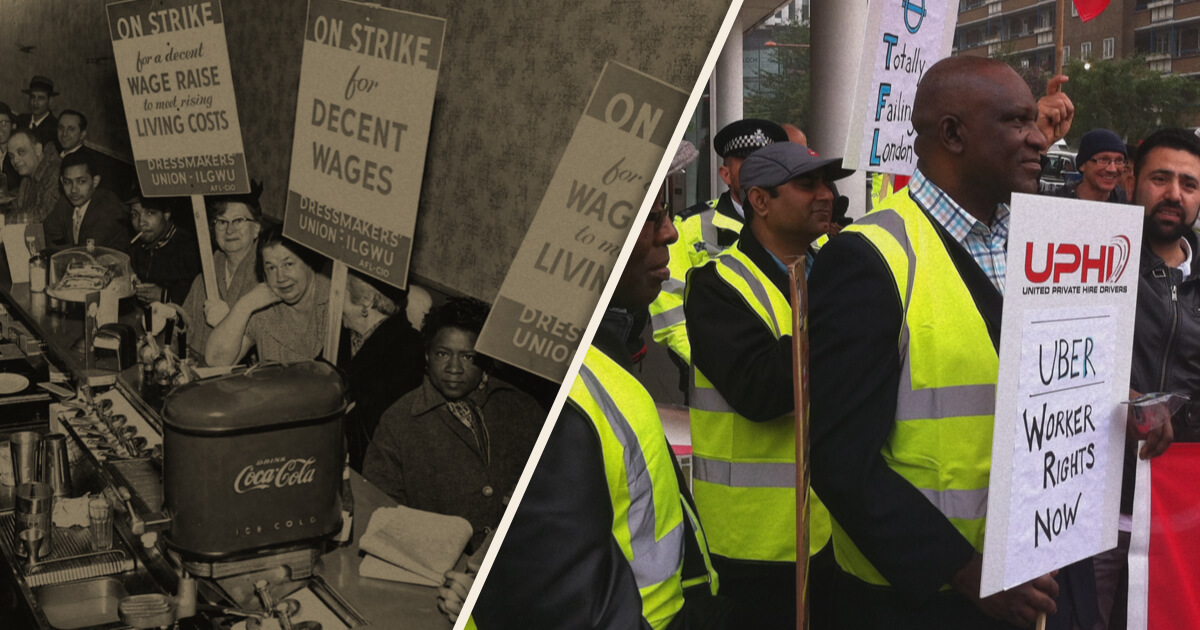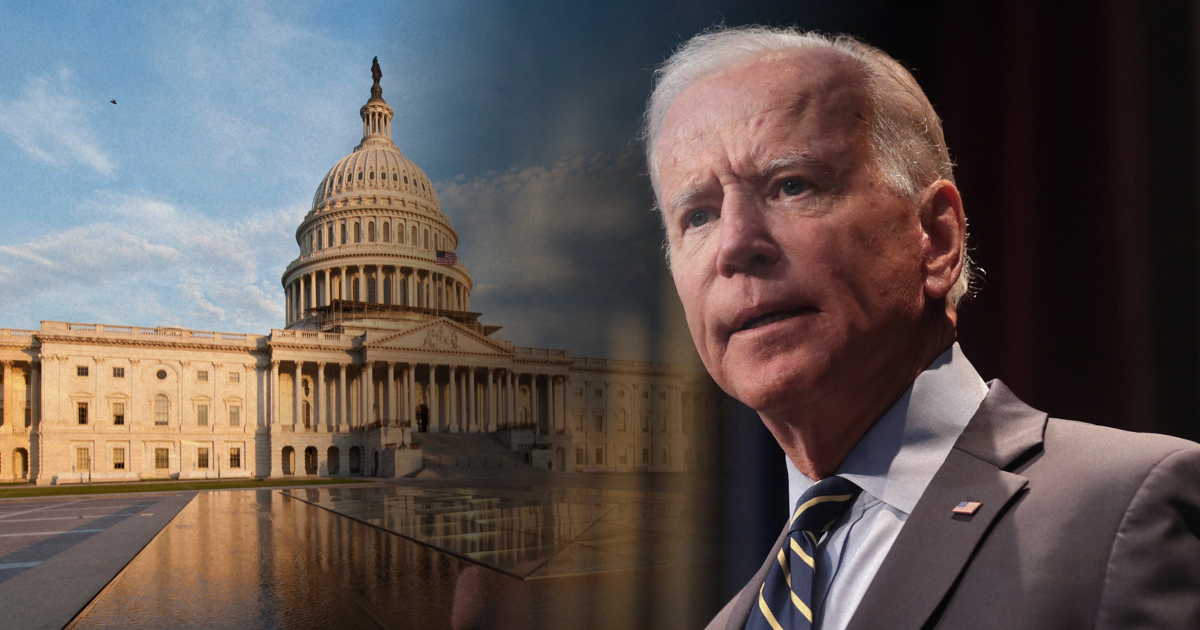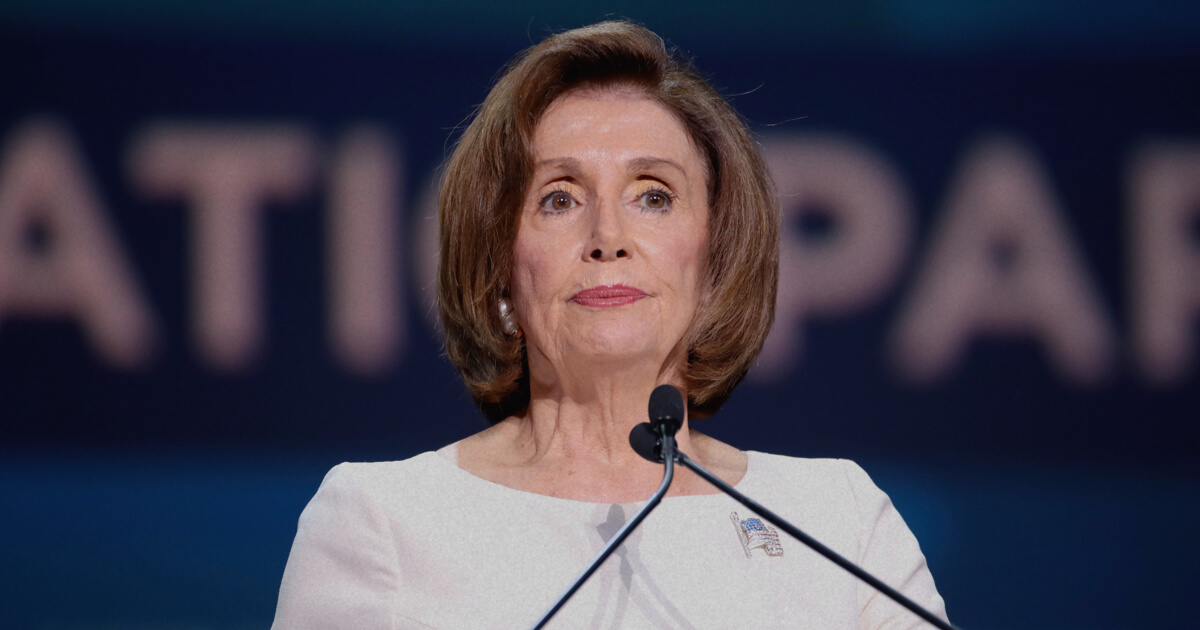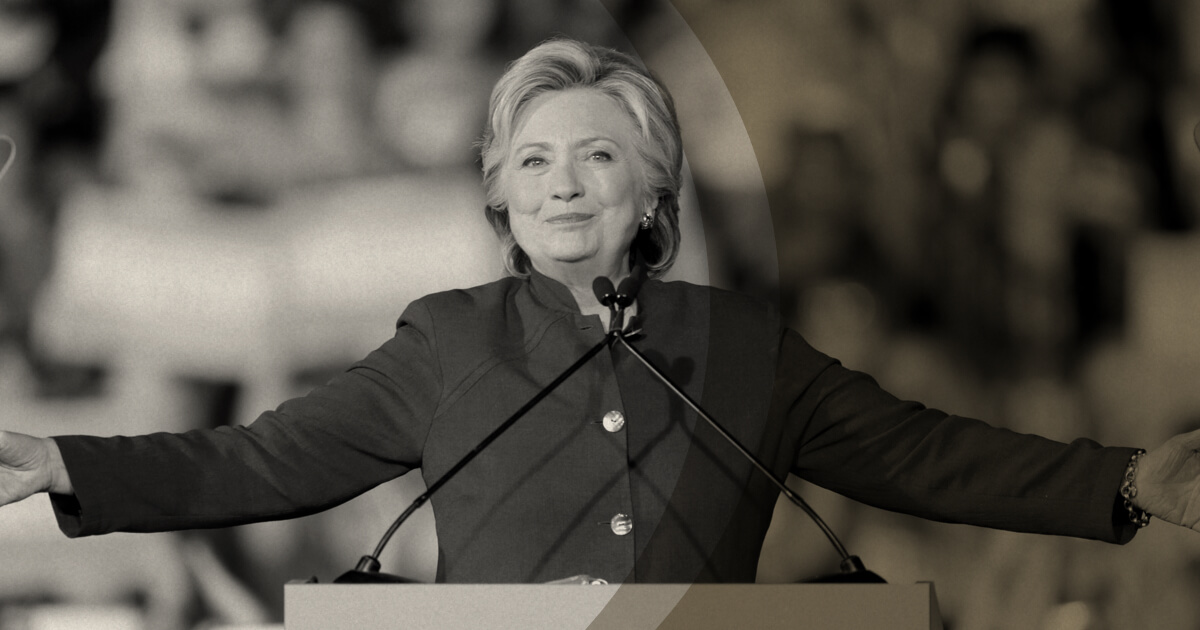This year the holidays were an incredibly difficult time for my family. It was the first Christmas without my daughter, Janikka Perry, and it was the first Christmas her children had without their mother. Now we are approaching the one year anniversary of her death, and despite our best efforts, we still do not have justice or closure.
Janikka worked at a local Walmart store in North Little Rock. That’s where last year, on January 16, she was found unconscious on the bathroom floor, despite countless cries for help, just two hours after her shift began. Later that night, she died.
It pains and angers me that my daughter died the way she did – alone and calling out for help. Some may ask why Janikka did not leave work when she began to feel unwell, but I know why. She was afraid of losing a paycheck, or even her job, for putting her health first. This kind of fear, which comes from hourly workers’ economic uncertainty, is not uncommon.
I raised my family in Arkansas, and Walmart is a part of the fabric of our state. Two of my children have worked as associates, not to mention countless friends and family members. The company promotes their retail jobs as supportive pathways to opportunity. But as many Walmart associates can tell you, Walmart is a billion-dollar corporation built on a culture of fear and intimidation of its employees.
With the anniversary of her death upon us, I’m calling on shoppers to remember Janikka and meet our essential retail workers with grace and empathy. I’m asking them to keep in mind the brutal conditions – understaffing, low pay, long hours, lack of paid leave – imposed on retail workers that can sometimes cost them their health.
My family has been working with other Walmart associates and the worker advocacy group United for Respect to develop a strategy to ensure the health and safety of workers while on the job. We’re calling it the PERRY policy – Paid sick leave, an Equal voice on the job, a Real emergency plan, time off to Rest and recover, and Yearly reviews with shareholders – and it is a way for Walmart to support their associates and appropriately respond to my daughter’s death in their store.
We took our fight to the company’s annual general meeting this year, where Janikka’s sister, Nicoshe, addressed shareholders to tell our story and advocate for the PERRY policy. While many were supportive of our plan, I was shocked to be met with scripted responses and empty expressions of sympathy from company spokespeople. From a company that has been a part of our Arkansas family and community for so long, I expected more.
Hourly associates like Janikka do not have adequate paid sick days. If workers take a day off, they are penalized and assigned “points”; if they accrue a certain number of “points”, they are terminated. Since most Walmart workers can’t afford to accrue “points” and ultimately lose their job, they go to work sick and stay at work if they’re not feeling well.
My daughter was diagnosed with congestive heart failure a few years before she died. Walmart knew that, but didn’t care to offer any special considerations or change in policy to accommodate her illness.
It breaks my heart to consider what might have happened if she had been working for a company that didn’t see her as a number, but cared about her as a human. Maybe she would have had the chance to take care of her symptoms instead of slowly dying on the bathroom floor. Walmart pretends to cherish family values – but what about my family?
Janikka was a hard working mother and grandmother whose love and strength anchored her family through challenging times. She would have wanted us to fight for what she didn’t have – for all Walmart associates to have a fair shot at meaningful, secure livelihoods in an environment where they are safe and respected.
We’re not giving up, and as we approach the one year anniversary of her death, we are sounding the alarm. Janikka was taken from us too soon, but we refuse to accept that the remaining 1.6 million retail workers at Walmart should be taken for granted. We will honor Janikka’s memory by fighting for change.
